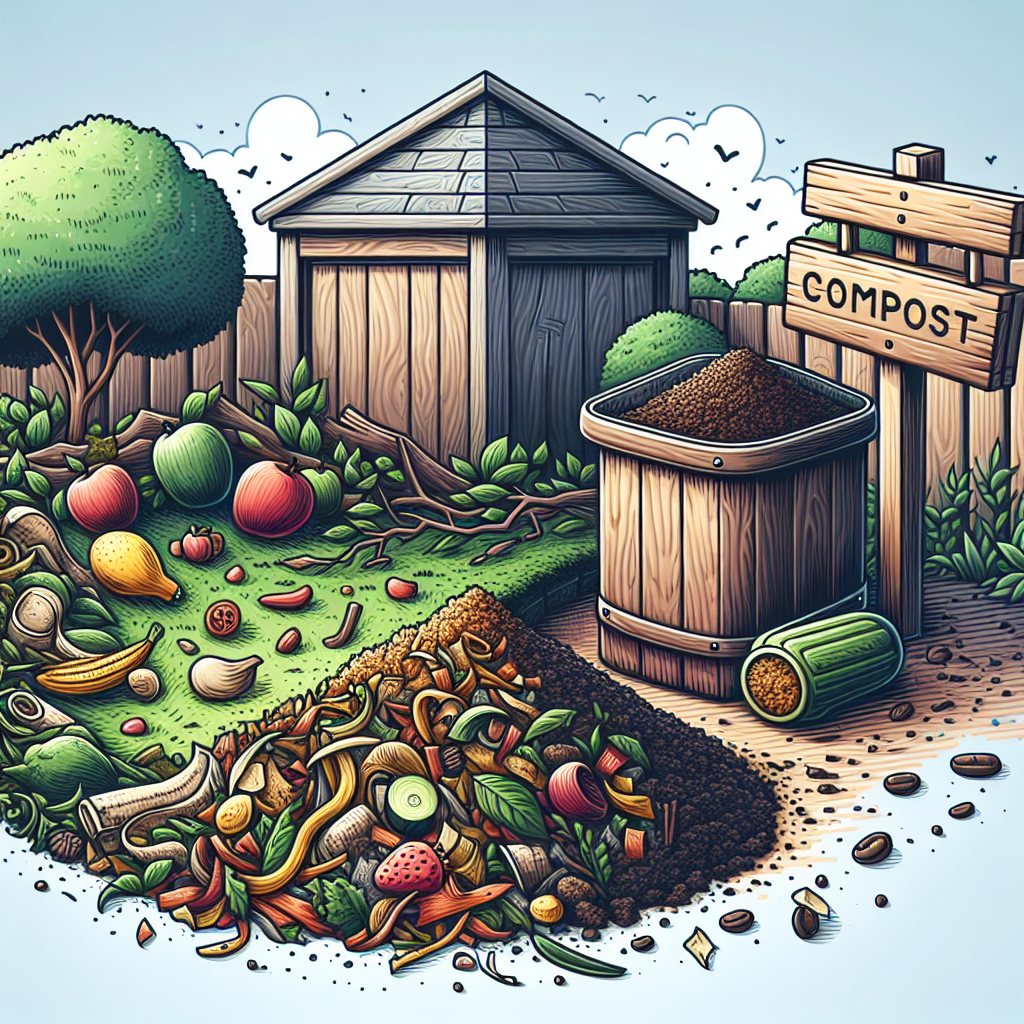Turning Trash into Treasure: New York's 'Black Gold' Revolution
New York City transforms organic waste like watermelon rinds and pizza boxes into valuable compost at the Staten Island Compost Facility. This process not only enhances soil health citywide but also reduces methane emissions from landfills. The city's initiative demonstrates composting's effectiveness in addressing the climate crisis.

In bustling New York City, watermelon rinds, greasy pizza boxes, and yard trimmings are no longer destined for landfills but are transformed into valuable compost, aptly nicknamed 'black gold.' This initiative is part of the city's effort to improve urban soil health and tackle climate change through waste management.
At the Staten Island Compost Facility, operated by Denali Water Solutions, the combination of landscaper and residential organic waste is processed daily. This facility handles up to 250 tons of waste, especially during the leafy autumn months. The composting process involves shredding, screening, and heating the organic material in aerated static pile bunkers.
After weeks of decomposition and curing, the nutrient-rich compost is ready for use. Some are sold, while a significant portion is distributed for free to schools, community gardens, and city residents. This composting initiative plays a critical role in New York's environmental strategy, reducing methane emissions and fostering sustainable urban living.
(With inputs from agencies.)










